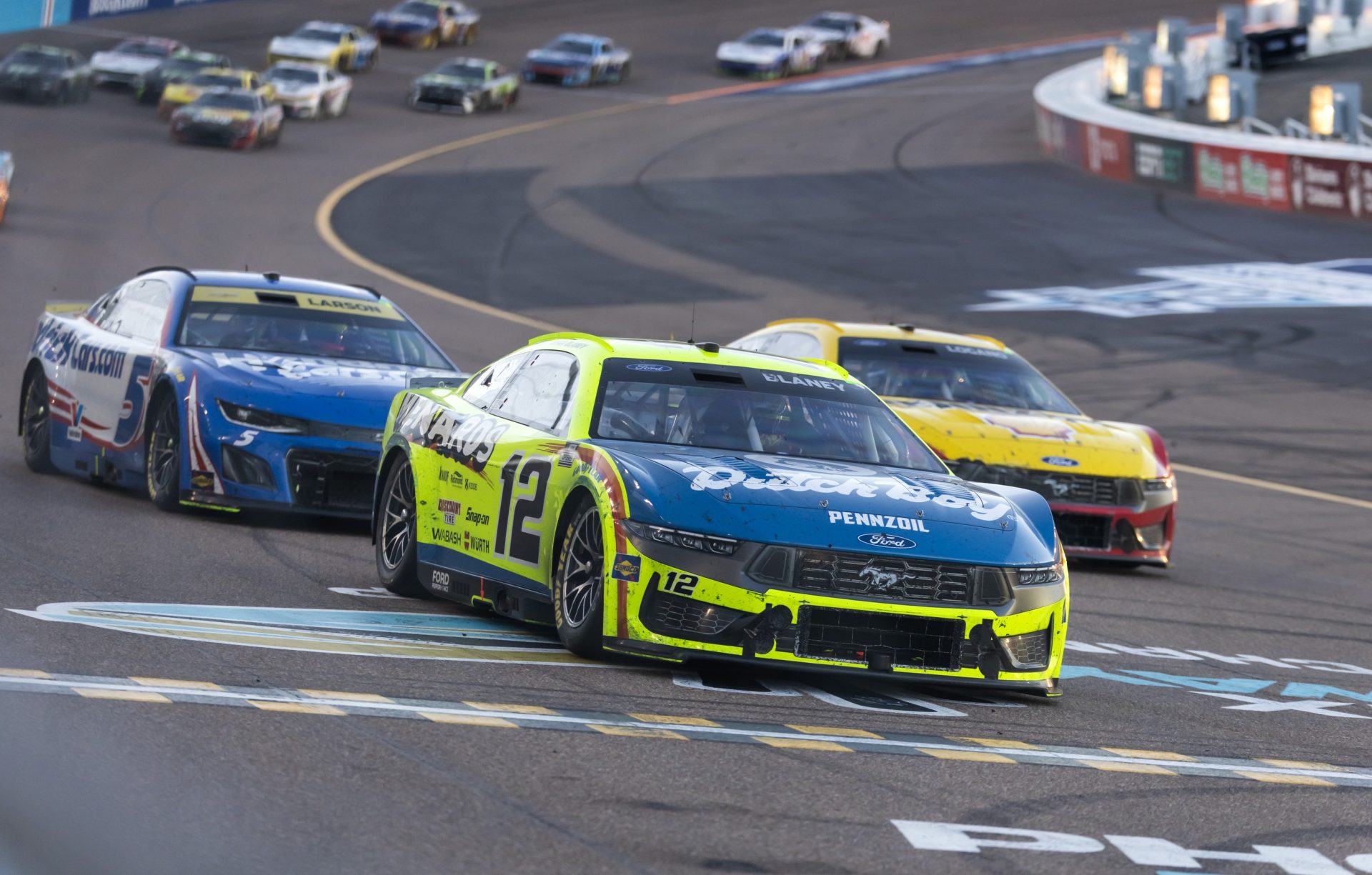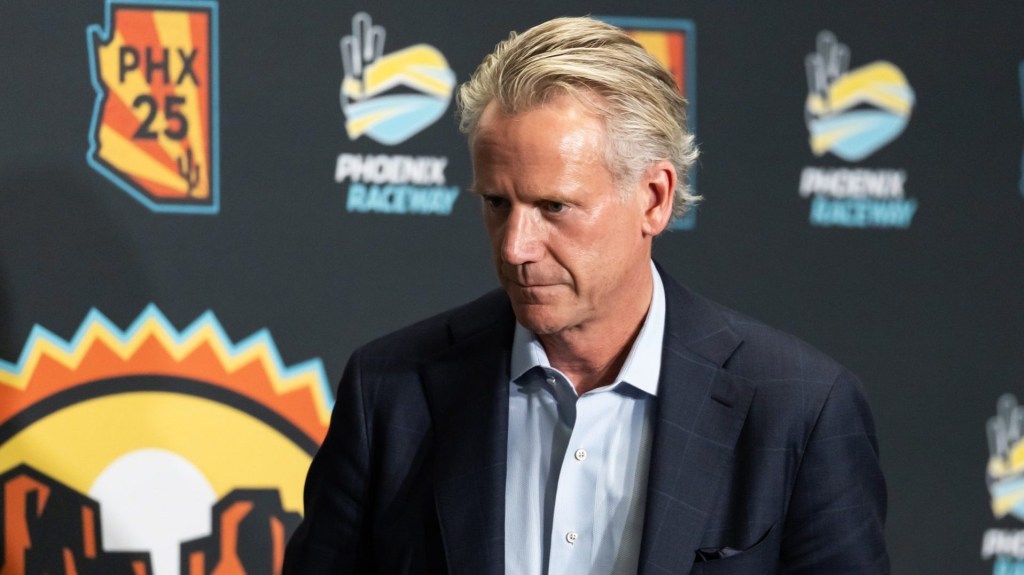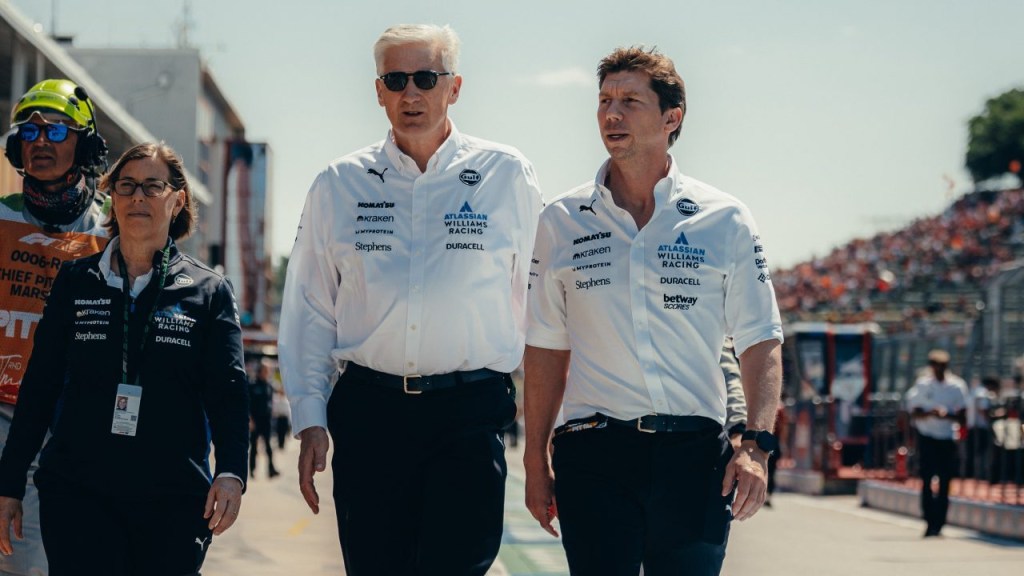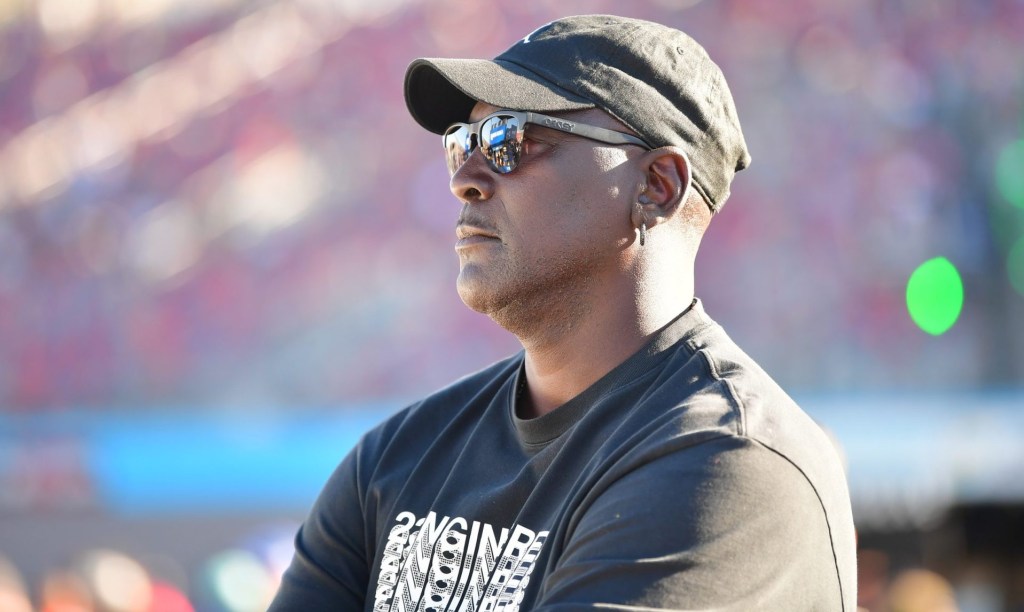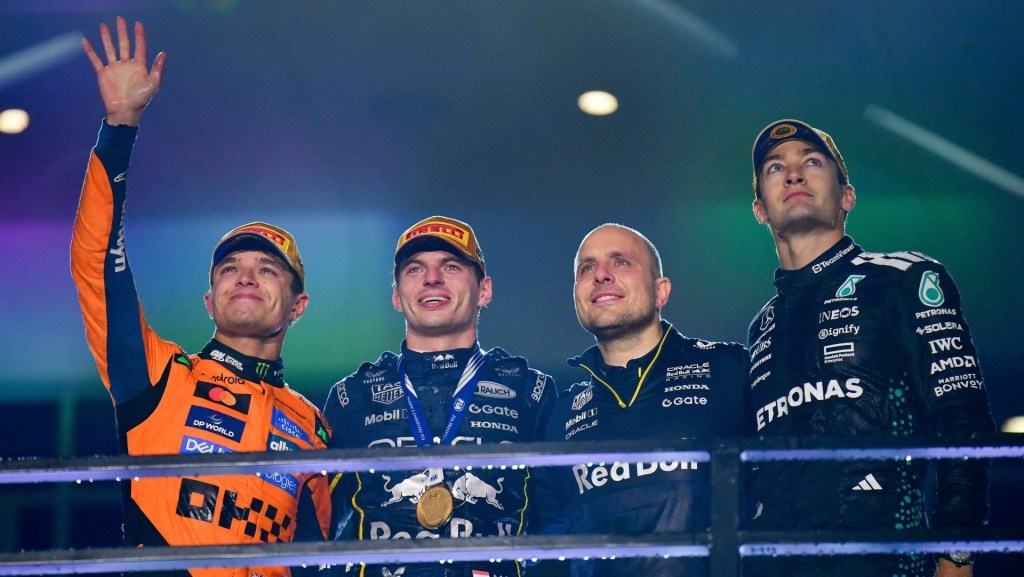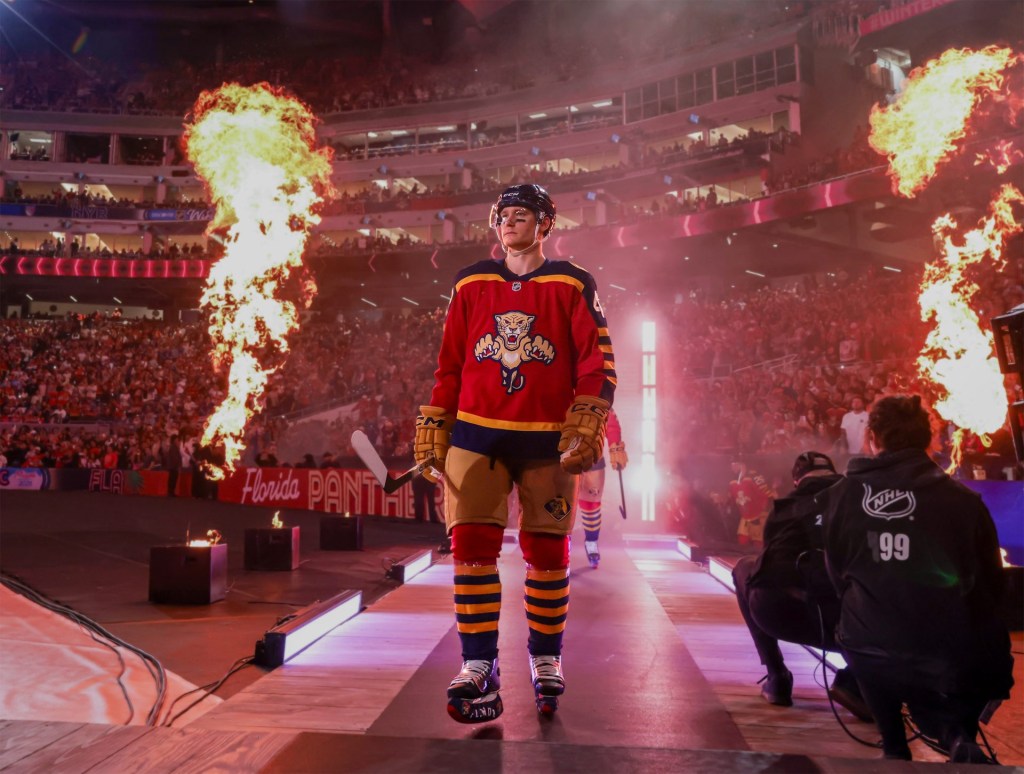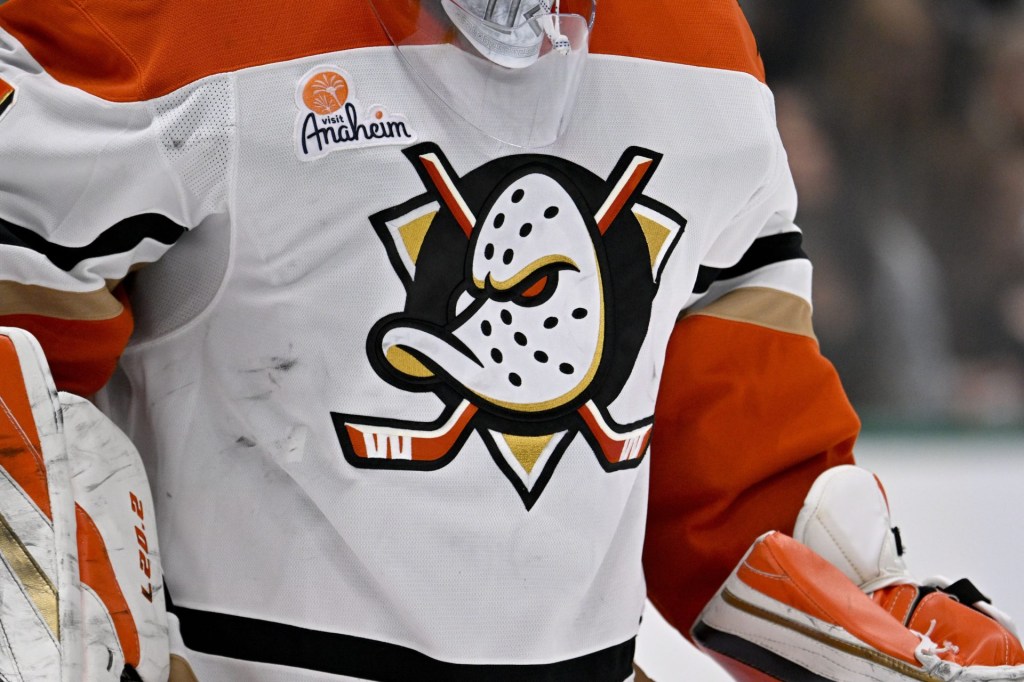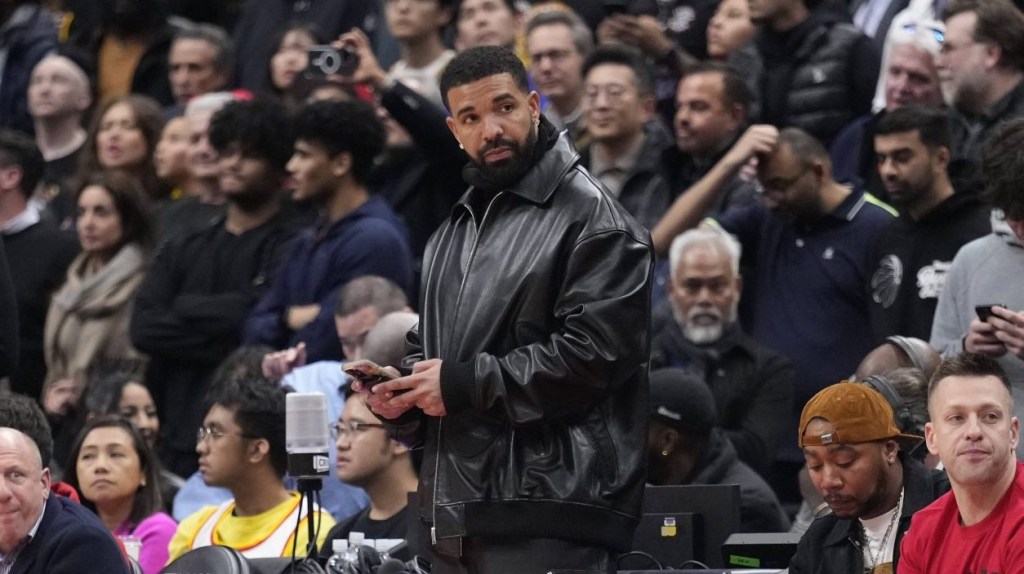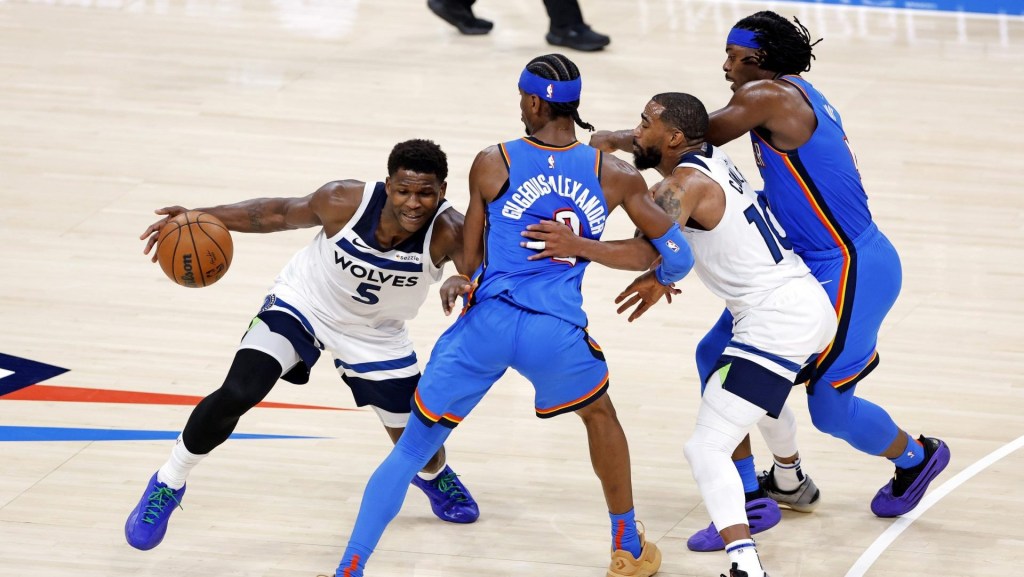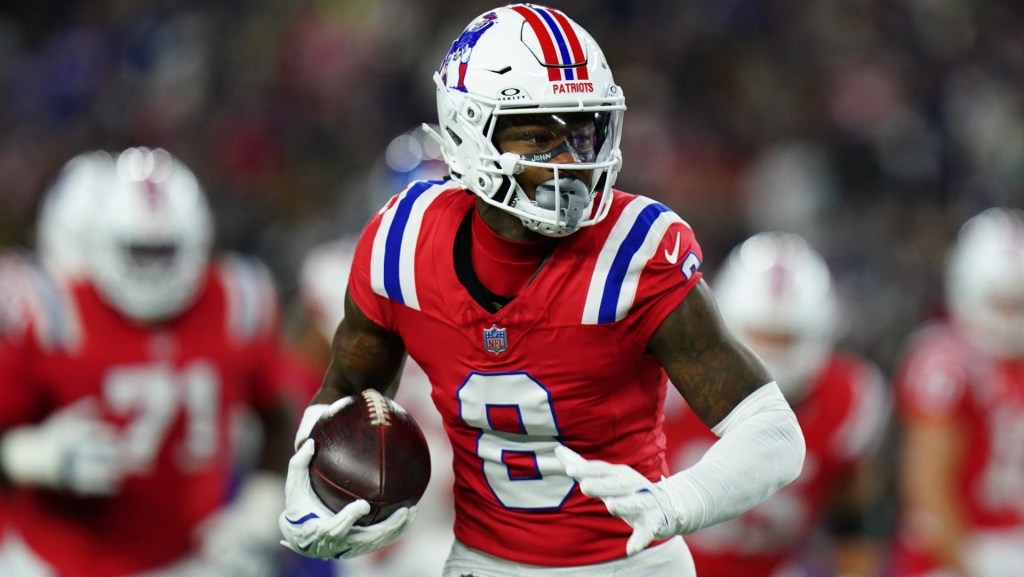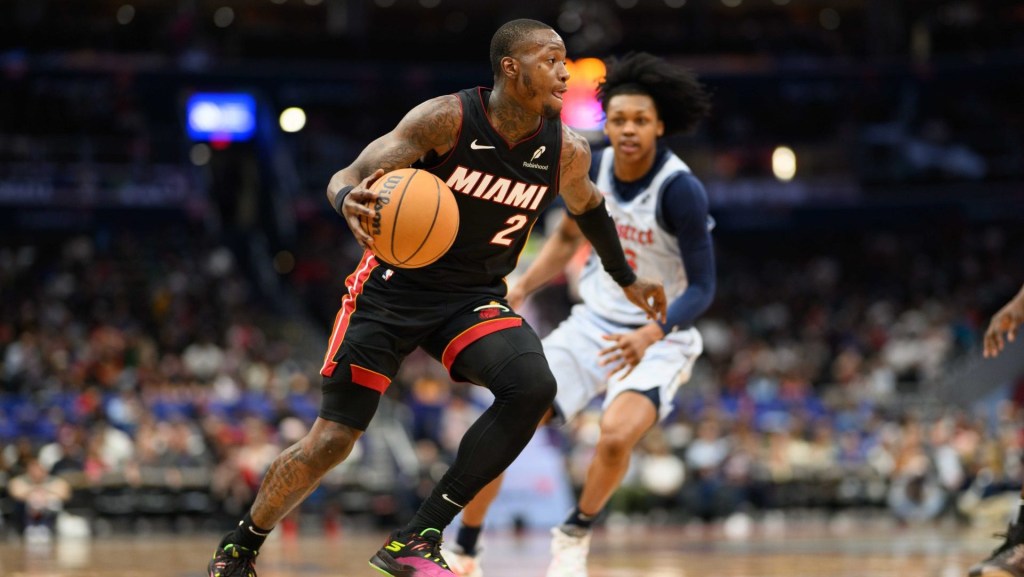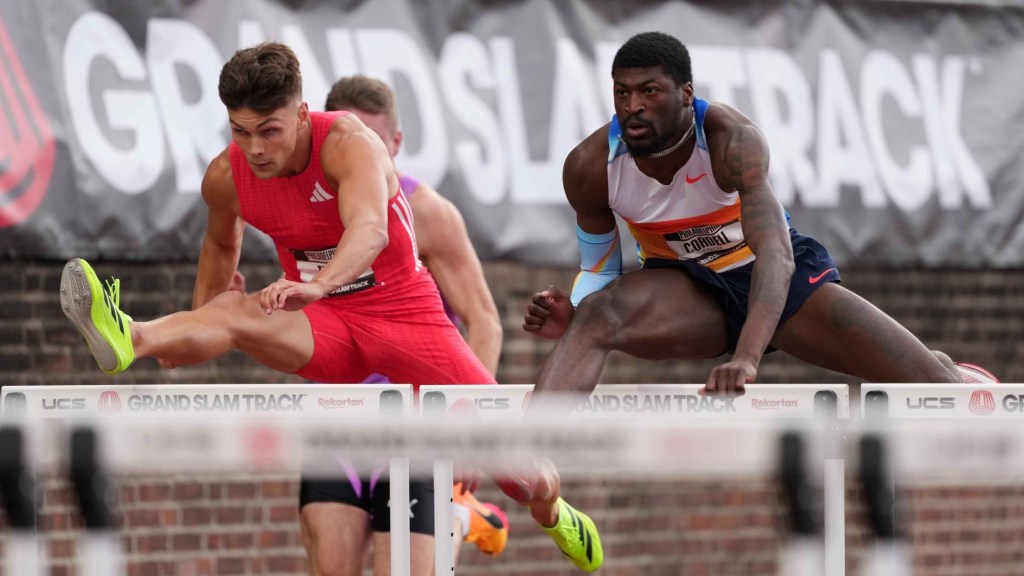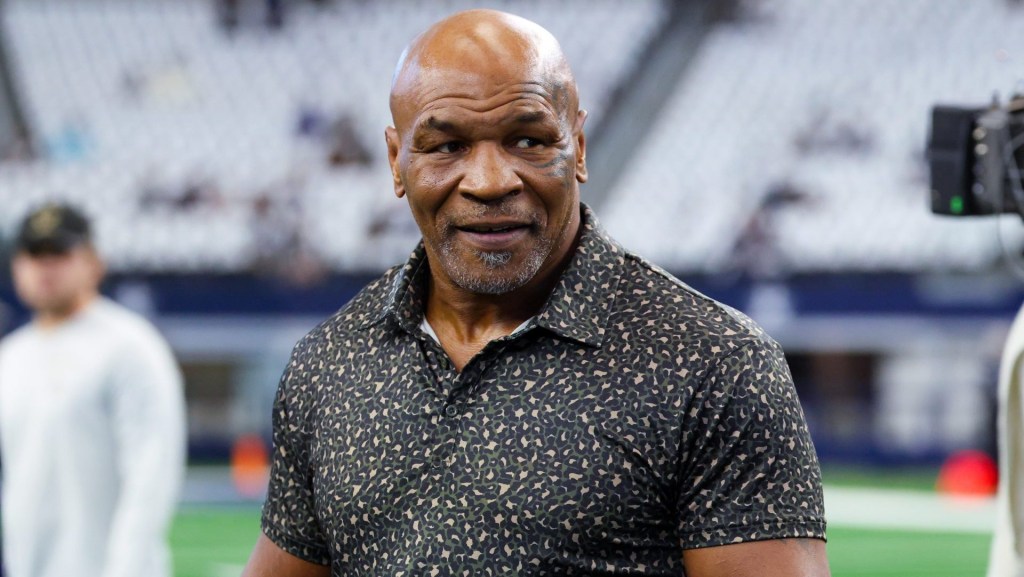Michael Jordan scored another win in court against NASCAR on Tuesday as his antitrust lawsuit against the racing body continues to head toward a trial.
On Tuesday, Judge Kenneth Bell ruled in favor of Jordan’s 23XI Racing, which he co-owns with Denny Hamlin, and Front Row Motor Sports over the market definition of “premier stock-car racing,” denying NASCAR’s argument that its teams can race in other series while acknowledging its control over its own sport. Bell also denied NASCAR’s motion for a summary judgment in the case.
The plaintiffs argued “NASCAR’s Cup Series is currently the only buyer,” which was backed by the testimony of Dr. Daniel Rascher, a sports economics professor at the University of San Francisco. Rascher said “premier stock car racing” differs from other kinds of automobile racing such as Formula 1 and IndyCar, which doesn’t make them an adequate alternative to NASCAR.
“We are very pleased with the Court’s decision today, ruling in our favor,” Jeffrey Kessler, Jordan’s attorney, said in a statement on Tuesday. “Not only does it deny NASCAR’s motion for summary judgment, but it also grants our partial summary judgment motion, finding that NASCAR has monopoly power in a properly defined market.
“This means that the trial can now be focused on whether NASCAR has maintained that power through anticompetitive acts and used that power to harm teams. We’re prepared to present our case to the jury and are focused on obtaining a verdict that benefits all of the teams, partners, drivers, and the fans.”
Bell also shot down NASCAR’s counterclaim that its racing teams unlawfully conspired against it in negotiations on new charter agreements.
“The same transaction – the sale and purchase of premier stock car racing services – cannot be a different relevant market depending only on which side is complaining,” Bell wrote in his decision. “Most simply put, NASCAR made a strategic decision in asserting its counterclaim and must now live with the consequences.”
Jordan’s team and Front Row Racing sued NASCAR in October 2024, calling the France family-owned racing body “monopolistic bullies.” The plaintiffs allege NASCAR’s charter system curbs competition by binding teams to its series, racetracks, and suppliers. (The France family owns many of the tracks the series competes at, including Daytona International Speedway and Talladega Superspeedway.)
Multiple parties have urged the two sides to settle, including other owners and Bell. But Jordan has previously said he’s fine with the case going to trial on Dec. 1. Should NASCAR lose in court, the entire charter system could be upended. If 23XI Racing and Front Row lose, they will likely go out of business because they will be racing next season without a charter, which comes with significantly less prize money.
A week ago, NASCAR commissioner Steve Phelps said the racing body is “trying our hardest” to settle the lawsuit.
“NASCAR has done nothing anticompetitive in building the sport from the ground up since 1948,” the racing body said in a statement on Tuesday. “While we respect the Court’s decision, we believe it is legally flawed and we will address it at trial and in the Fourth Circuit if necessary. NASCAR believes in the charter system and will continue to defend it from 23XI and Front Row’s efforts to claim that the charter system itself is anticompetitive.”
